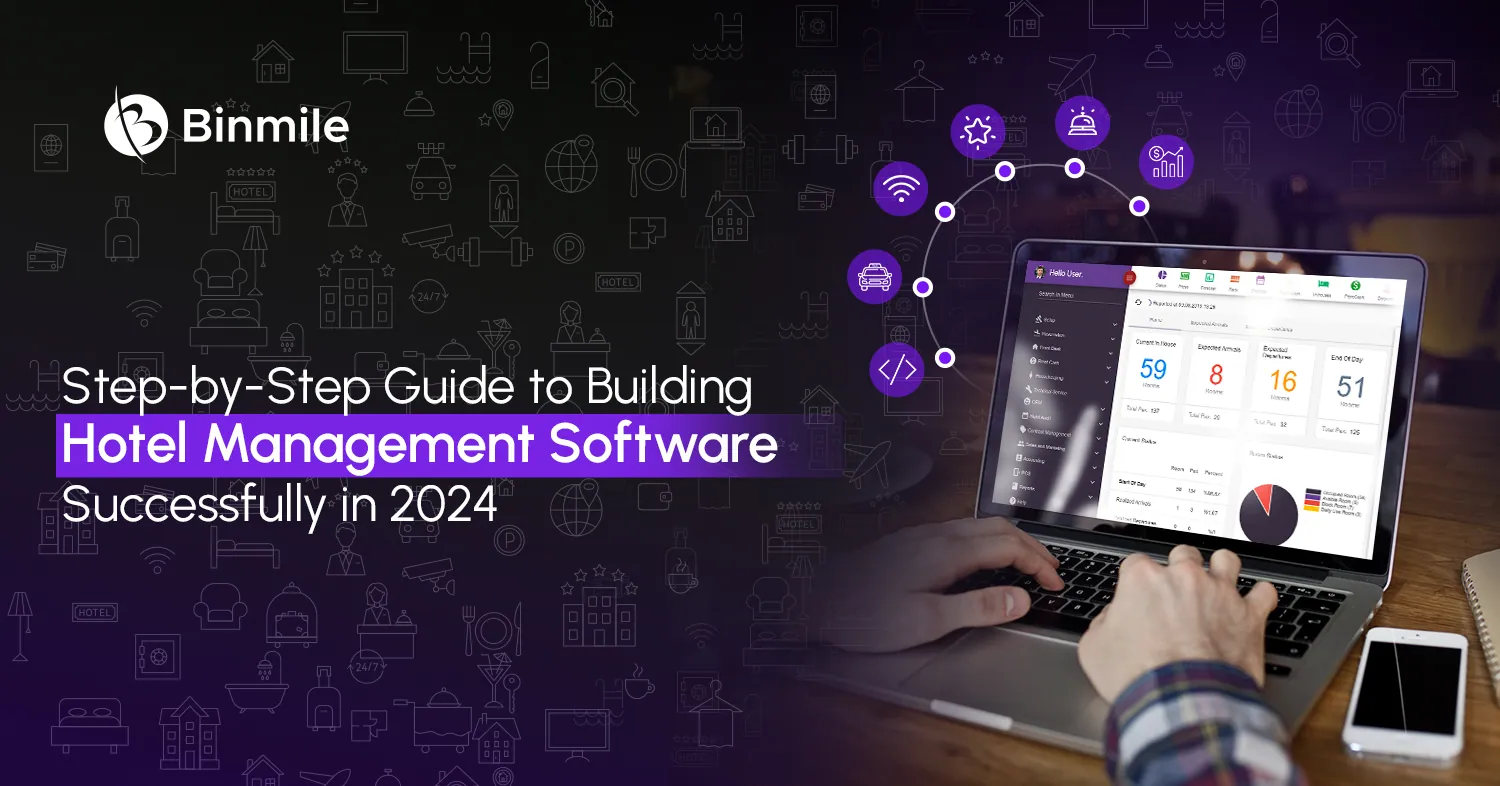Creating a robust hotel management software requires a well-planned development process that focuses on addressing the specific needs of the hospitality industry. Hotel management software development helps automate various hotel operations, streamline workflows, and improve guest experiences. To build a successful software solution, follow these key steps:
1. Define the Requirements
Begin by understanding the unique requirements of your target hotel or hospitality business. Identify the essential features such as reservation management, room booking, inventory management, front desk operations, billing, reporting, and guest feedback management.
2. Choose the Right Tech Stack
Selecting a suitable technology stack is crucial for hotel management software development. You can use programming languages like JavaScript, Python, or Java and frameworks such as Angular, React, or Laravel. Make sure to choose technologies that offer scalability and security.
3. Create a User-Friendly Interface
The software’s user interface (UI) should be intuitive and easy to navigate for both hotel staff and administrators. Design elements should focus on minimizing learning curves and maximizing efficiency.
4. Develop the Core Modules
During the hotel management software development, focus on building core modules like:
- Booking and Reservation System: Enable easy room booking, cancellations, and updates.
- Front Desk Management: Simplify check-in, check-out, and guest management.
- Housekeeping Module: Manage room status and assign cleaning schedules.
- Billing and Invoicing: Automate the generation of invoices, payments, and financial reports.
5. Integrate Third-Party Tools
To enhance functionality, integrate third-party tools such as payment gateways, CRM systems, and channel management software. This step is vital for hotel management software development as it enables seamless data flow and centralizes operations.
6. Implement Security Features
Security is paramount when dealing with sensitive guest data. Implement features like data encryption, secure login, and access control to protect against data breaches.
7. Testing and Deployment
Thoroughly test each module of your software to identify bugs and ensure smooth functionality. After testing, deploy the software on your preferred server, ensuring it is optimized for high performance.
8. Ongoing Maintenance and Updates
Hotel management software development is not a one-time task. Regular updates and maintenance are necessary to enhance performance, introduce new features, and keep up with industry trends.
Conclusion
Creating hotel management software requires a deep understanding of hotel operations and a strategic approach to development. Partnering with a reliable software development company ensures that the project is handled by experts who can tailor the solution to meet industry standards. By focusing on core functionality, scalability, and security, hotel management software development can revolutionize how hotels operate, improving efficiency and customer satisfaction. A professional software development company can also provide ongoing support and updates, ensuring the software evolves with the business needs and maintains top-notch performance over time.
